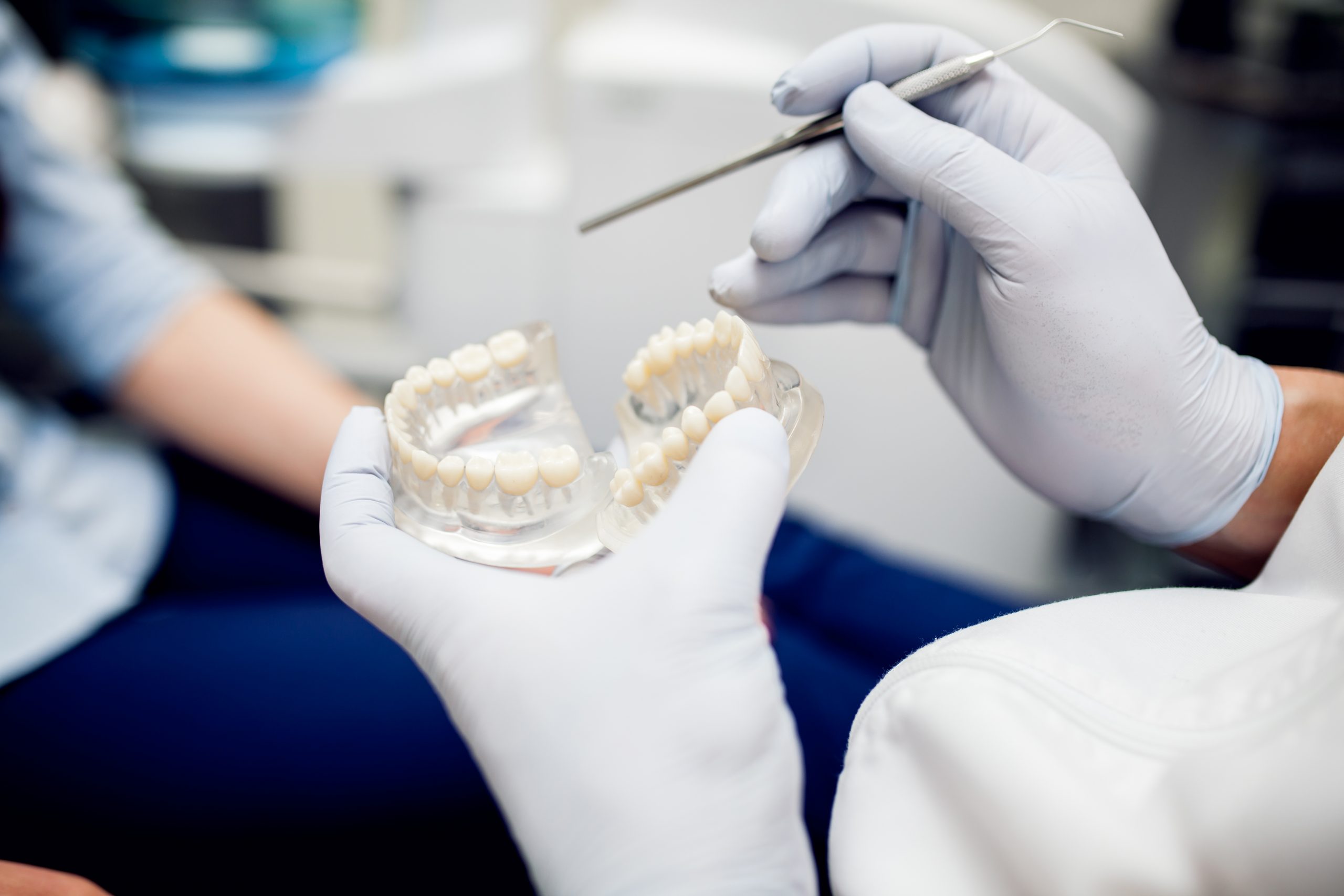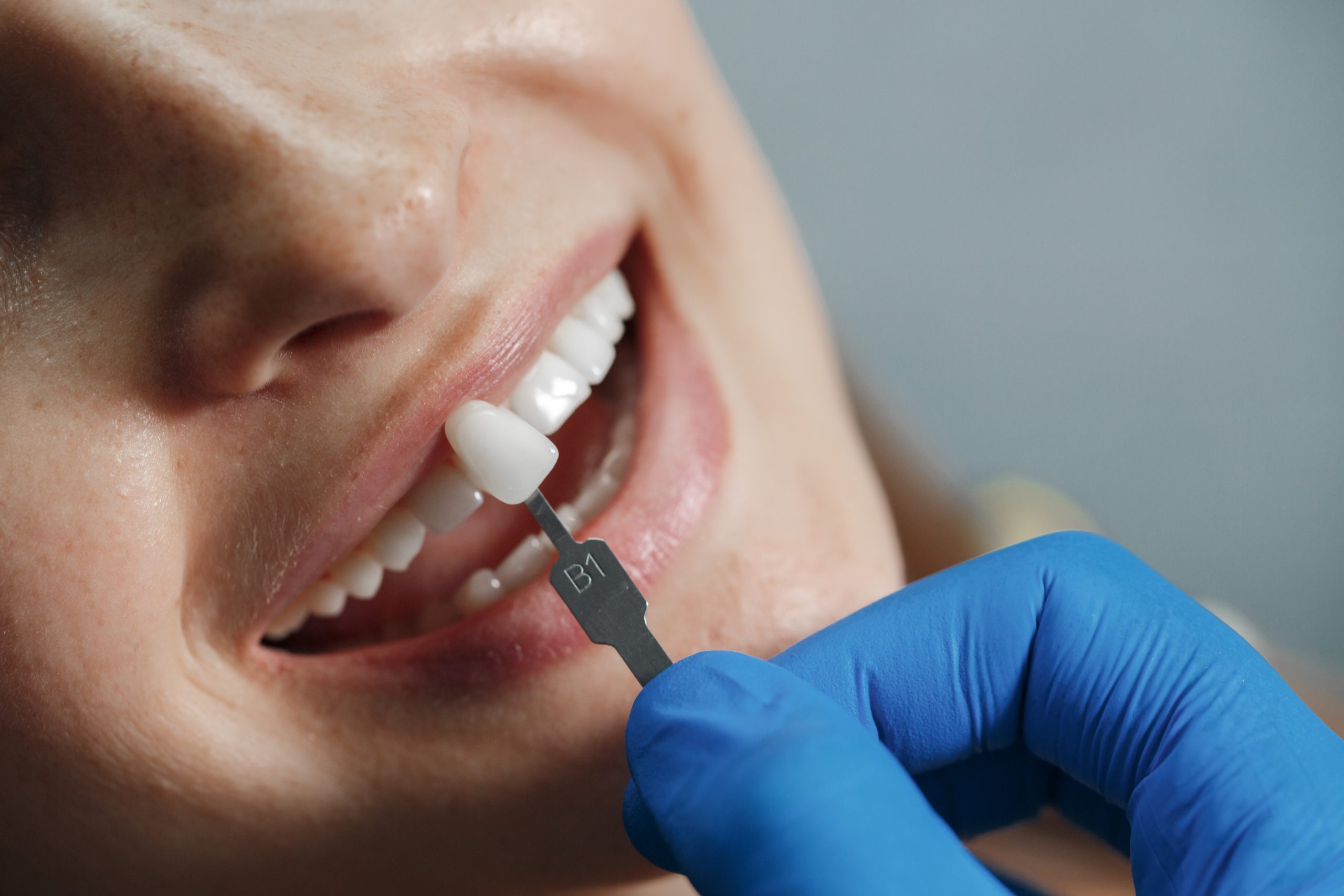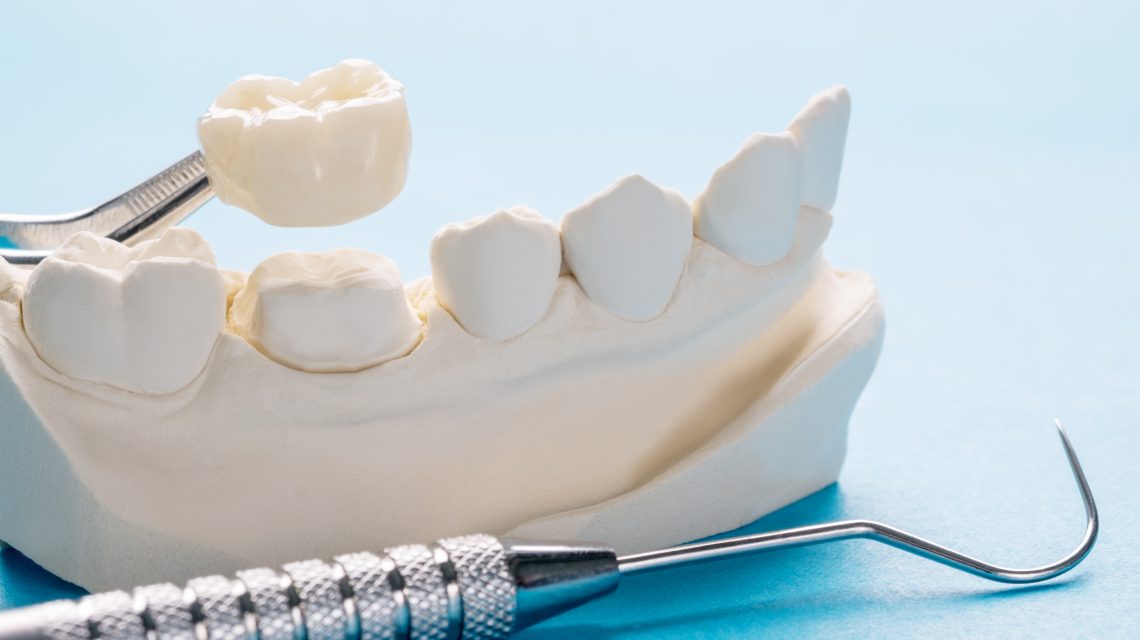Dental crowns and fillings are common dental treatments used to restore and protect teeth. If you're considering these procedures or have already had them done, you may be wondering how long they will last. Dr. Agatha Bis and the team at Smiles By Bis are here to provide you with valuable insights into the longevity of dental crowns and fillings.
Understanding Dental Crowns:
Dental crowns, also known as dental caps, are custom-made coverings that encase a damaged or weakened tooth. They are crafted from various materials such as porcelain, ceramic, metal, or a combination of these materials. The lifespan of a dental crown depends on several factors:
Material: The type of material used for your crown plays a significant role in its longevity. Porcelain crowns tend to be more aesthetically pleasing but may not be as durable as metal crowns. However, advancements in dental technology have produced durable porcelain options.
Oral Hygiene: Maintaining good oral hygiene practices is crucial for the longevity of your dental crown. Regular brushing, flossing, and dental check-ups will help prevent decay and gum disease that can compromise the crown's integrity.
Dietary Habits: Avoiding excessive consumption of hard or sticky foods can extend the life of your crown. These habits can put undue stress on the crown and may lead to chipping or cracking.
Bruxism: If you grind or clench your teeth (bruxism), it can place excessive pressure on the crown, potentially causing it to wear down faster. A nightguard may be recommended to protect your crown while you sleep.

Dental Fillings and Their Durability:
Dental fillings are used to repair teeth that have cavities or minor damage. They can be made from materials such as amalgam (metal), composite resin (tooth-colored), or ceramic. Here are factors affecting the longevity of dental fillings:
Material Choice: The type of filling material used can impact its durability. Amalgam fillings tend to last longer than composite fillings but are less aesthetically pleasing.
Oral Hygiene: Just like with crowns, maintaining good oral hygiene is crucial for the longevity of fillings. Regular cleanings and check-ups can help detect and address any issues early.
Cavity Size: The size and location of the cavity can affect the lifespan of the filling. Smaller fillings may last longer than larger ones, and fillings in low-stress areas may have a longer lifespan.
Bite Force: The way your teeth come together when you bite and chew can influence the longevity of fillings. High bite force or grinding can wear down fillings more quickly.

Conclusion:
The lifespan of dental crowns and fillings varies depending on multiple factors, including the materials used, oral hygiene, dietary habits, and individual factors. Dr. Agatha Bis and the team at Smiles By Bis can help you choose the right treatment options and provide guidance on how to care for your dental restorations to ensure they last as long as possible.
Remember, regular dental check-ups and communication with your dentist are essential for monitoring the condition of your dental crowns and fillings, allowing for early intervention if any issues arise. With proper care and maintenance, you can enjoy the benefits of your dental restorations for many years to come.

